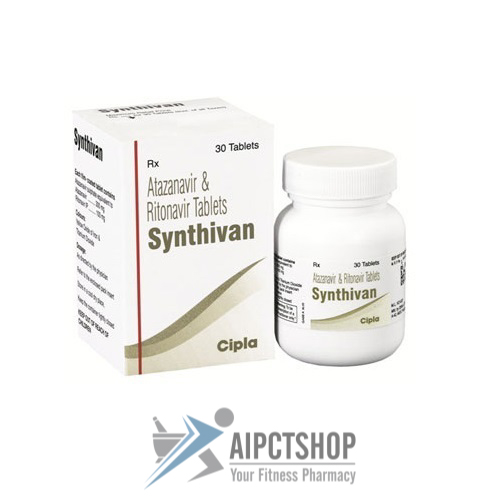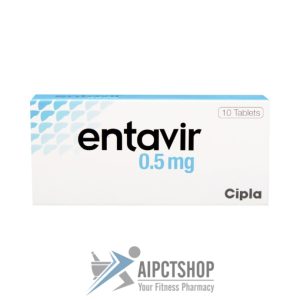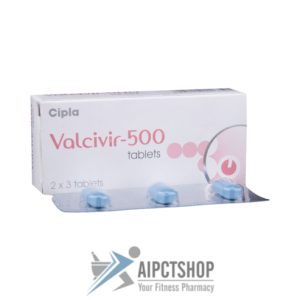Atazanavir Information
What is this drug used for?
– It is used to treat HIV infection.
Frequently reported side effects of this drug
– Headache
– Diarrhea
– Stuffy nose
– Sore throat
– Abdominal pain
– Nausea
– Vomiting
– Trouble sleeping
Other side effects of this drug: Talk with your doctor right away if you have any of these signs of:
– Liver problems like dark urine, fatigue, lack of appetite, nausea, abdominal pain, light-colored stools, vomiting, or yellow skin.
– High blood sugar like confusion, fatigue, increased thirst, increased hunger, passing a lot of urine, flushing, fast breathing, or breath that smells like fruit.
– Gallstones like pain in the upper right abdominal area, right shoulder area, or between the shoulder blades; yellow skin; or fever with chills.
– Kidney problems like unable to pass urine, blood in the urine, change in amount of urine passed, or weight gain.
– Abnormal heartbeat
– Dizziness
– Passing out
– Joint pain
– Muscle pain
– Painful urination
– Kidney stone like back pain, abdominal pain, or blood in the urine.
– Burning or numbness feeling
– Depression
– Bruising
– Bleeding
– Change in body fat
– Yellow skin
– Swelling of arms or legs
– Stevens-Johnson syndrome/toxic epidermal necrolysis like red, swollen, blistered, or peeling skin (with or without fever); red or irritated eyes; or sores in mouth, throat, nose, or eyes.
– Infection
– Signs of a significant reaction like wheezing; chest tightness; fever; itching; bad cough; blue skin color; seizures; or swelling of face, lips, tongue, or throat.
Medication Safety Issues
High alert medication:
This medication is in a class the Institute for Safe Medication Practices (ISMP) includes among its list of drug classes that have a heightened risk of causing significant patient harm when used in error.
Storage and Stability
Capsules: Store at 25?C (77?F); excursions are permitted between 15?C and 30?C (59?F and 86?F).
Oral powder: Store below 30?C (86?F). Store oral powder in the original packet and do not open until ready to use. Once the oral powder is mixed with food or beverage, it may be kept at 20?C to 30?C (68?F to 86?F) for up to 1 hour prior to administration.
Adverse Reactions
Includes data from both treatment-naive and treatment-experienced patients. Unless otherwise specified, frequency of adverse events is as reported in adults receiving combination antiretroviral therapy.
Cardiovascular: First degree atrioventricular block, second degree atrioventricular block, peripheral edema
Central nervous system: Depression, dizziness, headache (more common in children), insomnia, peripheral neuropathy
Dermatologic: Skin rash (more common in adults)
Endocrine & metabolic: Hyperglycemia, hypoglycemia (children), increased amylase (adults), increased serum cholesterol (?240 mg/dL), increased serum triglycerides
Gastrointestinal: Abdominal pain, diarrhea (more common in children), increased serum lipase (adults), nausea, vomiting (more common in children)
Hematologic & oncologic: Decreased hemoglobin, decreased neutrophils, decreased platelet count
Hepatic: Increased serum ALT (children and adults; more common in adult patients co-infected with hepatitis B and/or C), increased serum AST (more common in patients co-infected with hepatitis B and/or C), increased serum bilirubin (children and adults), jaundice
Neuromuscular & skeletal: Increased creatine phosphokinase, limb pain (children), myalgia
Respiratory: Cough (children), nasal congestion (children), oropharyngeal pain (children), rhinorrhea (children), wheezing (children)
Miscellaneous: Fever (more common in children)
Rare but important or life-threatening: Alopecia, angioedema, arthralgia, cholecystitis, cholelithiasis, cholestasis, chronic renal failure, complete atrioventricular block (rare), diabetes mellitus, DRESS syndrome, edema, erythema multiforme, granulomatous interstitial nephritis, hepatic abnormality, immune reconstitution syndrome, interstitial nephritis, left bundle branch block, maculopapular rash, nephrolithiasis, pancreatitis, prolongation P-R interval on ECG, prolonged Q-T interval on ECG, pruritus, Stevens-Johnson syndrome, torsades de pointes








Reviews
There are no reviews yet.